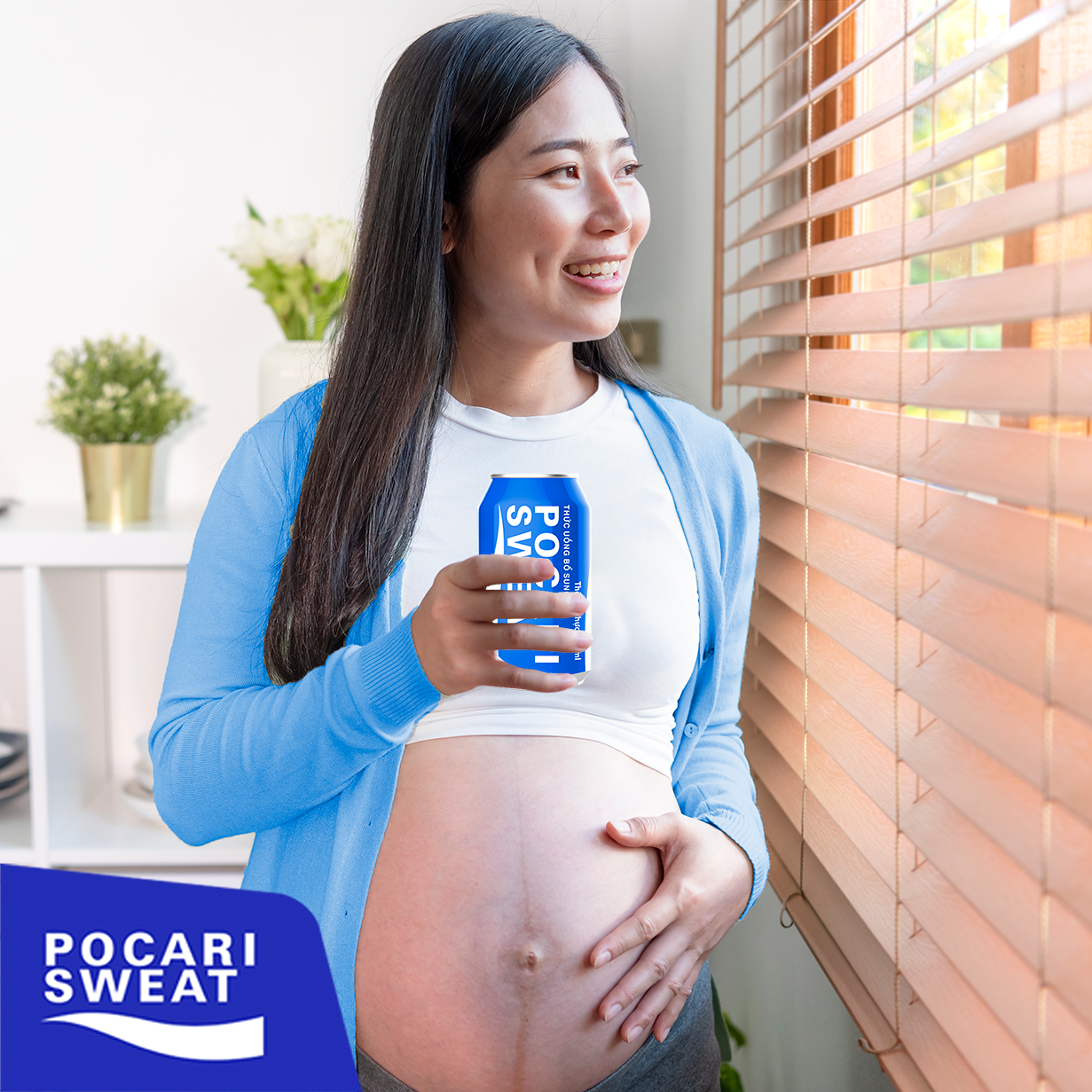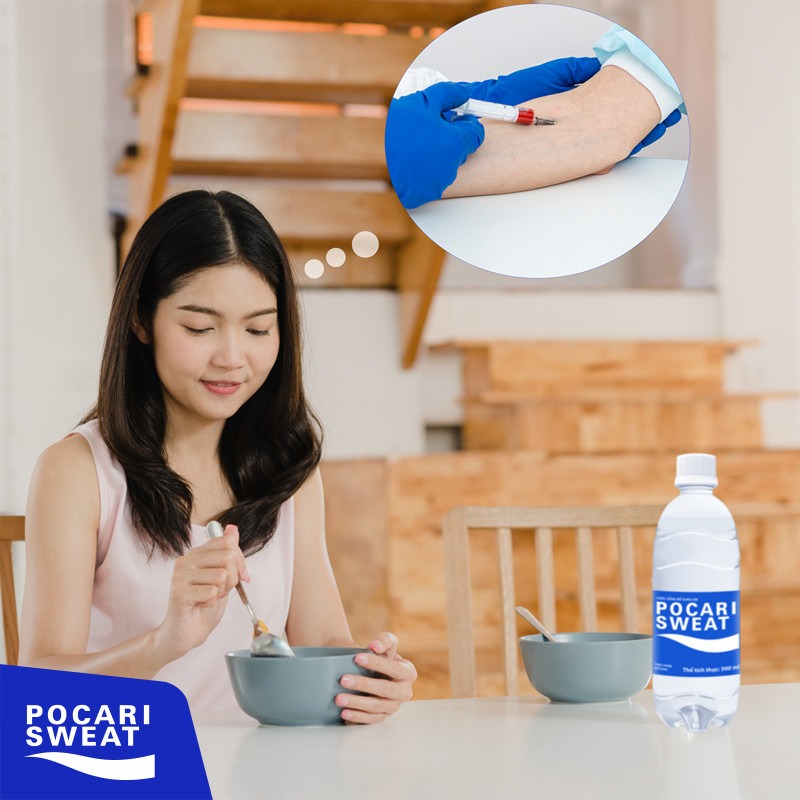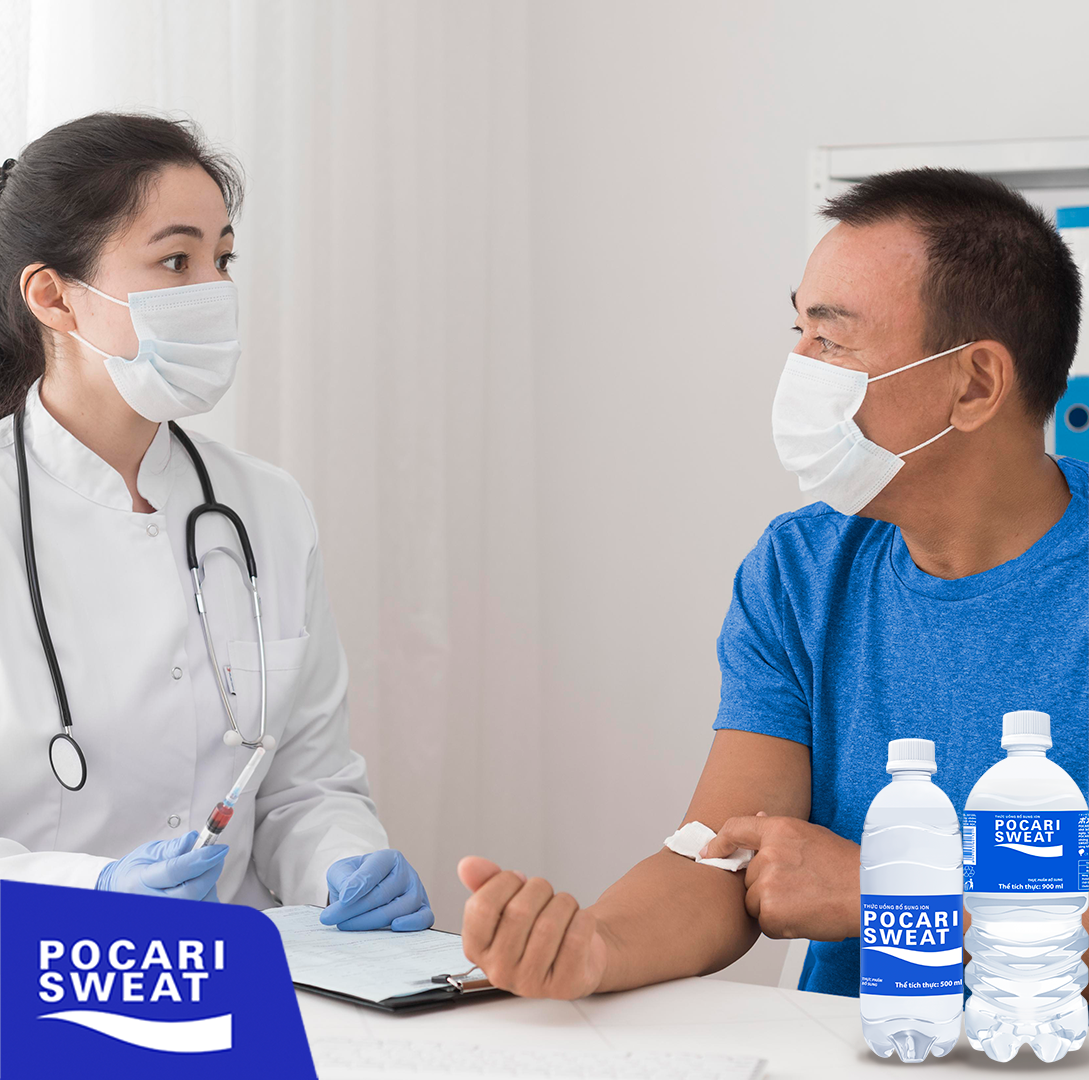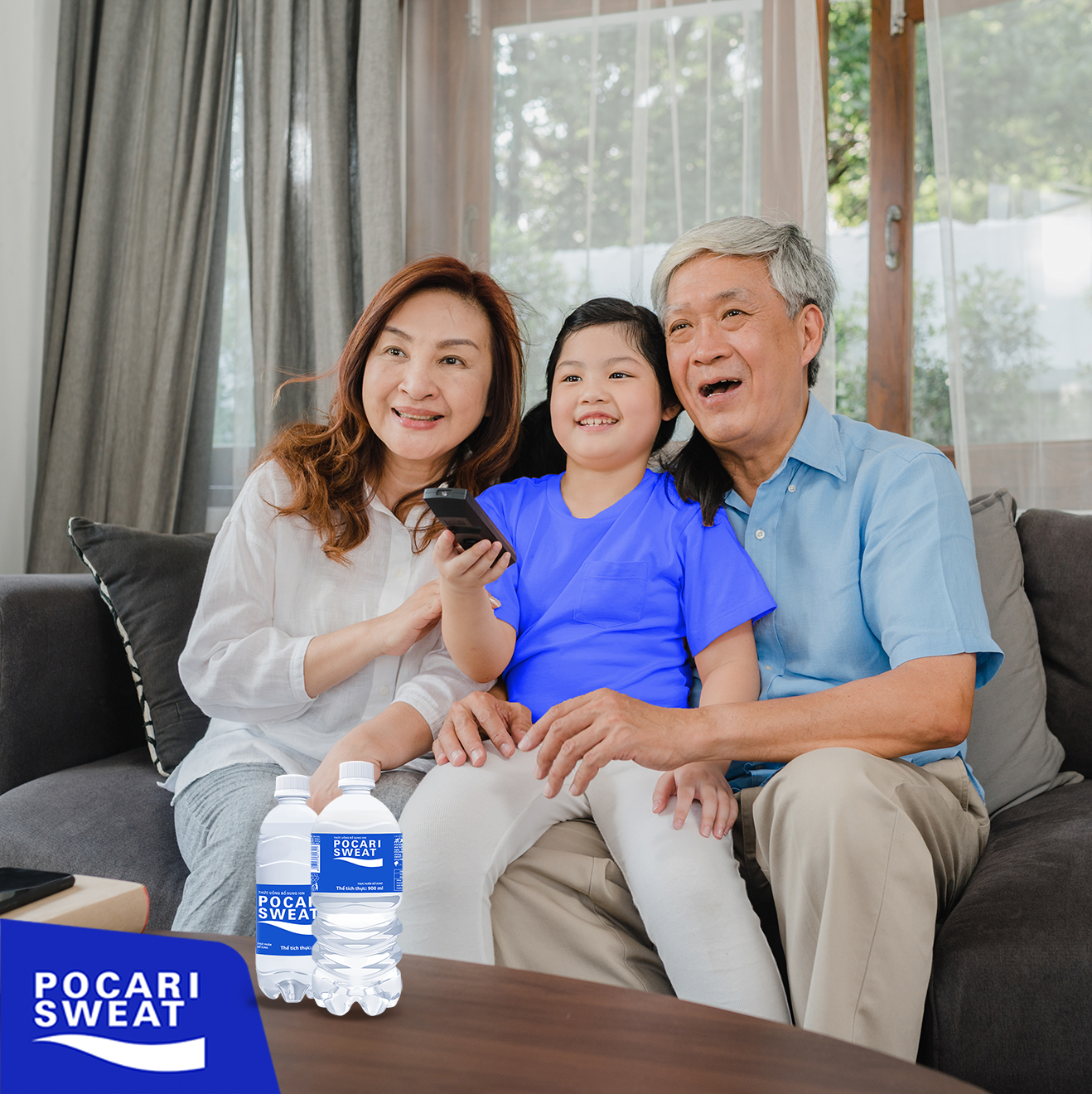DENGUE FEVER – DO
❤️ Pocari is being sold popularly at supermarkets, convenience stores, pharmacies, grocery stores or Buy online at: www.pocarisweat.com.vn/online-shopping ❤️
The dengue fever epidemic situation is at an alarming rate in Vietnam, in addition to widely propagated prevention methods, it is essential to be equipped with knowledge on how to respond to dengue fever. In particular, there is currently no specific treatment for dengue fever, so patients mainly need proper care to heal quickly. Learn the Dos and Don'ts with Pocari when you're sick!
Symptoms of Dengue Fever
Day 1: the patient has a high fever of 39-40 degrees, persistent and sudden, red face like a common cold. There may be additional symptoms such as eye socket pain, muscle pain, nausea, vomiting, fatigue, etc.
Day 2: continued high fever. Dengue fever spots may begin to appear on the body such as under the skin, on the abdomen, limbs, eyelids, neck, ...
Day 3: The patient still has a high fever and red spots on the skin (subcutaneous hemorrhage) like 2 days ago. In addition, there may be nosebleeds, bleeding gums, discomfort, abdominal pain.
Days 4-5: The patient will no longer have a high fever like 3 days ago, but this is a period where serious complications can occur. The patient will have the most obvious symptoms of fever, signs of mucosal fever, nosebleeds, bleeding gums, bloody urine, gastrointestinal bleeding such as vomiting blood, bloody stools.
Things to keep in mind when you have dengue fever
DO’s
For timely treatment, to avoid complications and serious consequences of dengue fever, patients need special care with the following notes:
1. Take the patient to the hospital right away
When going to medical centers, patients are assigned to have a blood test to determine if they have dengue fever, by checking the number of white blood cells, platelets, and hematocrit. In addition to blood tests, Dengue NS1 (NS1Ag) test helps in the early diagnosis of dengue fever from the first day of the patient's course of fever. This test can be done many times until the patient is well to monitor the progress of the disease so that appropriate treatment steps can be taken.
2. Reduce fever with antipyretic drugs (according to the doctor's prescription)
In addition, it is possible to cool the patient's body by wiping the body with a damp cloth.
3. Rehydration with water and ions
People with dengue fever experience a high fever (leading to water loss through the skin and mucous membranes), so in the recovery phase, it is most necessary to rehydrate the body and replace the lost minerals. For patients with dengue fever, the most important thing is to be fully rehydrated and ionized.
The World Health Organization WHO recommends:
“Patients with dengue fever need to rehydrate with milk, fruit juices, ionic supplements, or rice/barley water (not just plain water)”
Accordingly, POCARI is an ion supply drink that helps support recovery for dengue patients, with the following features:
Quickly compensate for the amount of water and ions the body loses during dengue fever because POCARI has a similar composition to the amount of water lost from the body (also known as body fluids, including water and essential ions such as Na+, Cl–, Ca2+, Mg2+, K+…).
POCARI preserves longer in the body than normal water, helping to limit dehydration for dengue patients.
Is a healthy and safe drink for dengue patients with 5 NO criteria: NO COLORANTS, NO SACCHARINE, NO PRESERVATIVES, NO GAZ, NO CAFFEINE.
4. Ensure a nutritious diet
Actively add protein-rich foods from eggs, meat, milk... foods rich in vitamin A, rich in zinc (pork, chicken...) to increase resistance against dengue.
5. Eat soft, liquid foods
Dengue fever sufferers often lose their appetite, so eating easy-to-swallow foods such as porridge and soup is very suitable. Porridge and soup are also rich in nutrients and easy to absorb.
6. Add fruits and vegetables
According to doctors, during the recovery period, people with dengue fever should strengthen their resistance by eating lots of fruits, vegetables, and minerals, ensuring food safety and hygiene, and resting in a clean environment. clean and cool to prevent other infectious diseases.
DON’Ts
1. Self-treatment at home
Although many cases of dengue fever are treated as outpatients as prescribed by the hospital, patients still have to go to the hospital for tests and receive instructions from the doctor to avoid severe cases due to complications. Absolutely do not arbitrarily transfuse for treatment, because infusion without the supervision of a doctor will cause disorders due to excess fluid.
2. Eat and drink dark foods and drinks
Dengue patients are very prone to bleeding, so they should not eat any red, brown, or black foods. The purpose is so that when the patient is vomiting, the doctor can accurately identify the patient's stomach bleeding or not, avoiding the case of confusing the blood with the color of the food.
It is necessary to abstain (at least 10 days after recovering from the illness) from foods with dark colors such as beetroot soup, watermelon, soy sauce, tea, coffee, coca, chocolate, ...
3. Do not take aspirin without doctor recommendations
Antibiotics do not work to destroy the dengue virus, on the contrary, it also makes bleeding worse, possibly severe stomach bleeding in patients.
4. Don't just drink water to rehydrate
During dengue fever, the body loses a lot of water and ions. If only drinking filtered water is not enough, because the amount of ions is still lacking in the body, leading to an ion imbalance that is dangerous for the patient. Therefore, the patient needs to be replaced with the correct amount of water and ions lost with Pocari.
The most important thing when dengue fever is to control the disease, prevent the disease from getting worse, and to do this, timely rehydration and ionization is the most essential thing.
5. Eat foods that are hard to digest
Fried, sour and spicy foods should also be limited because weak people can easily cause indigestion and heat production.
Foods that are hard and difficult to swallow such as rice and sticky rice are also foods that need to be limited to make digestion easier when having dengue fever.







